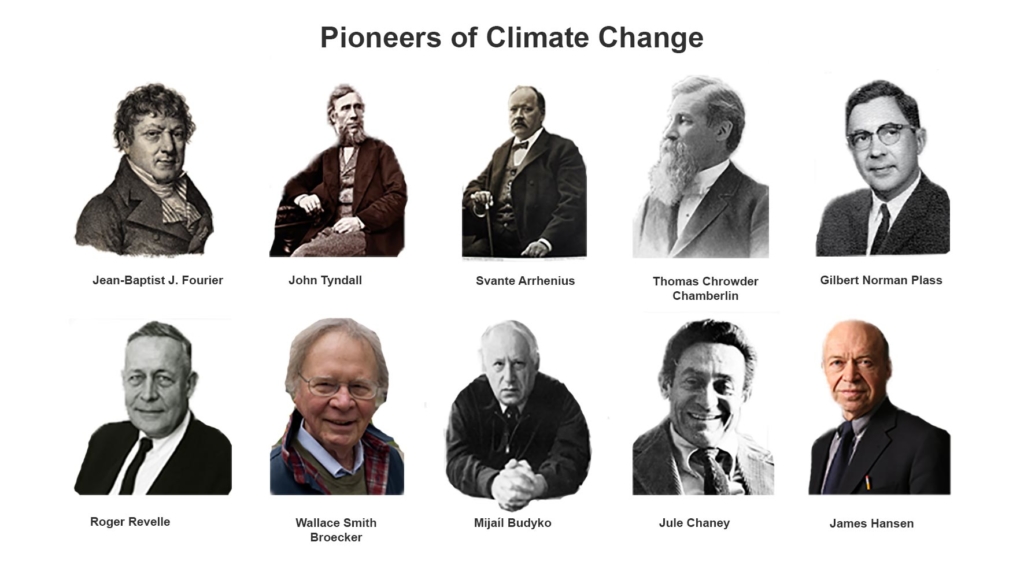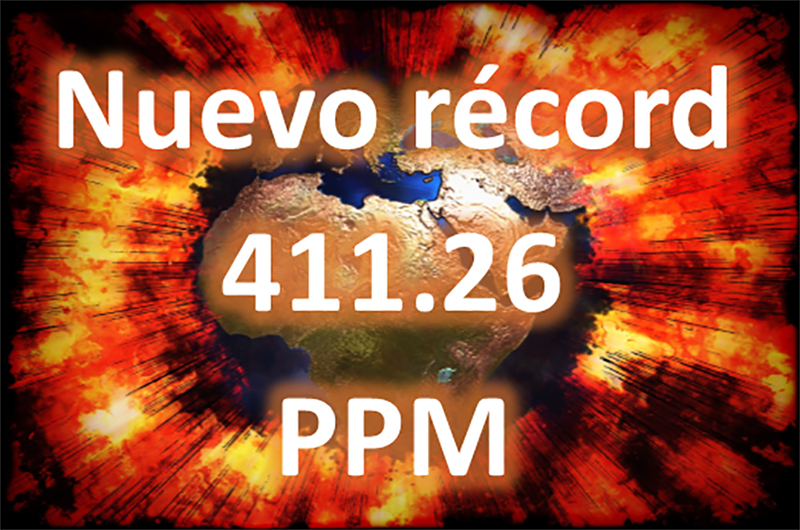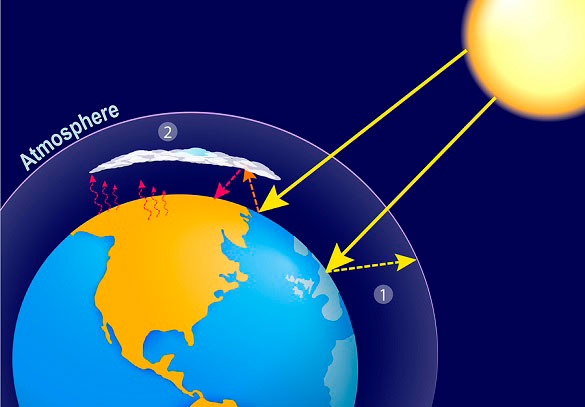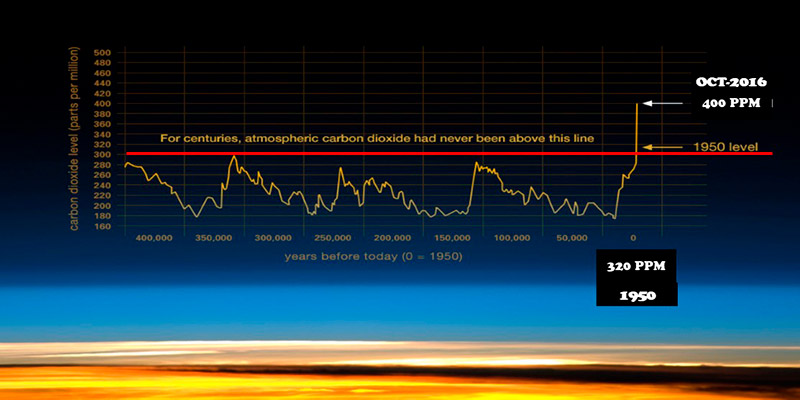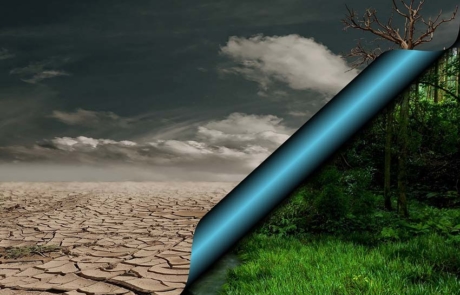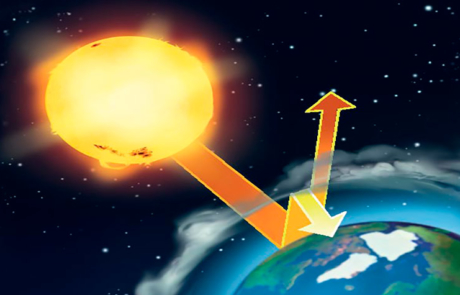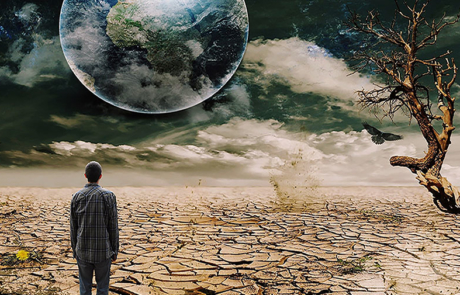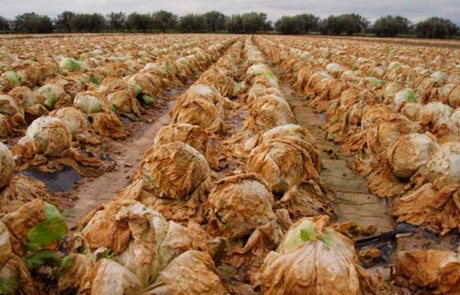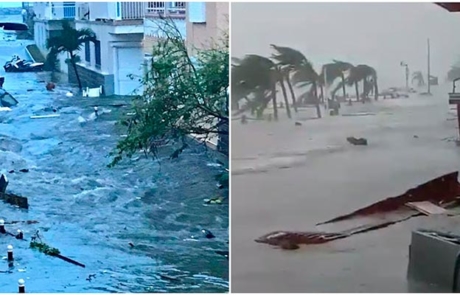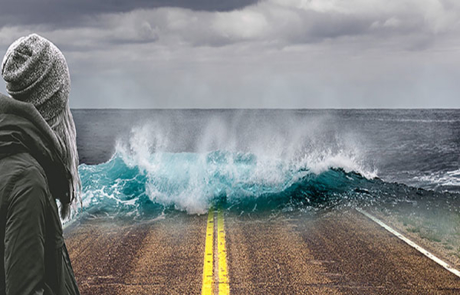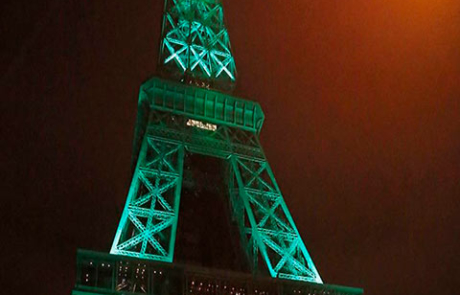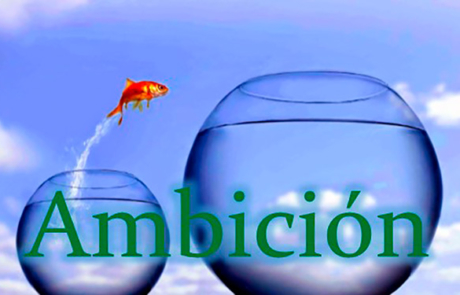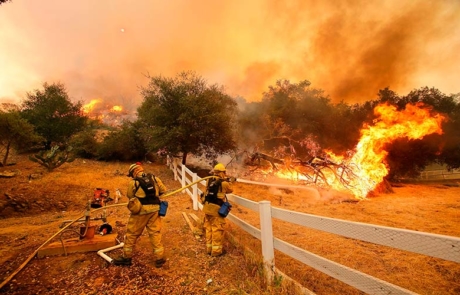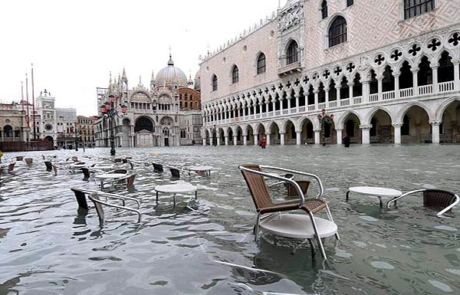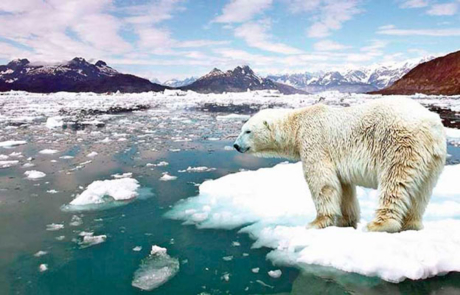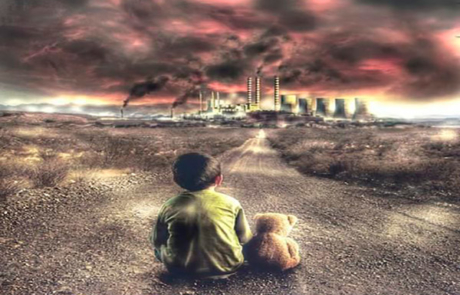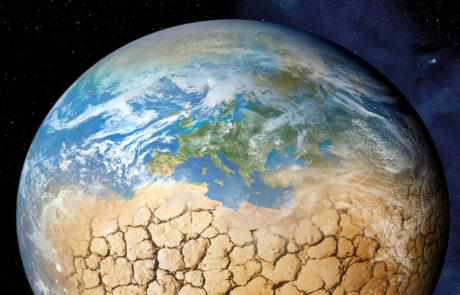FAQs about Climate Change
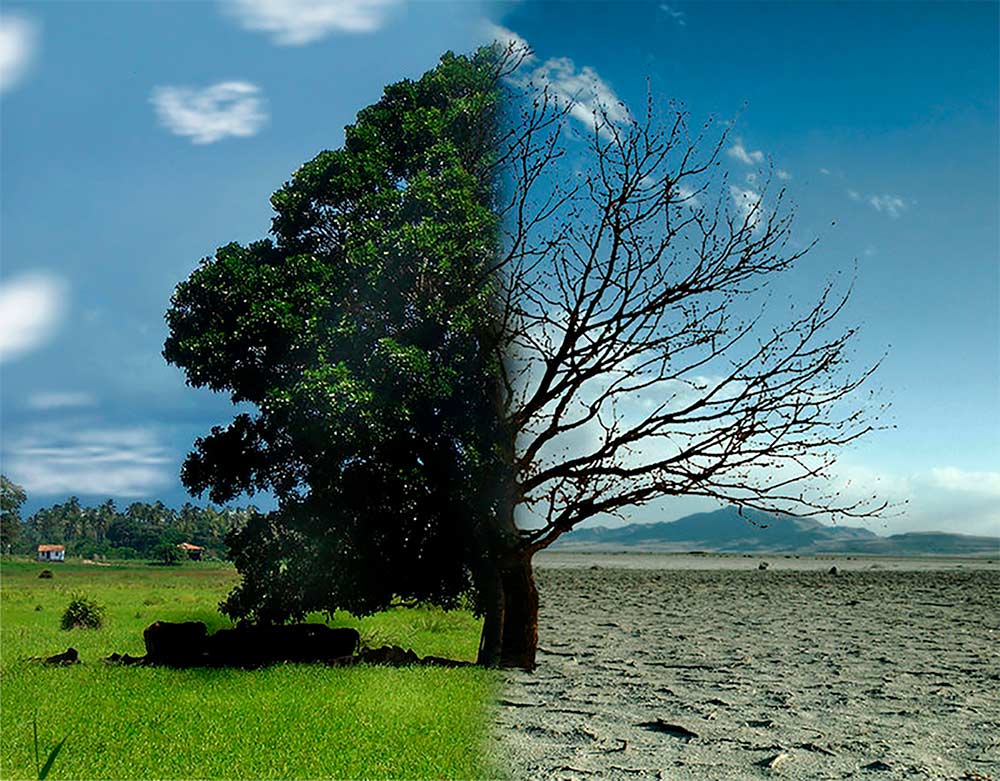
14. Have we reached the Anthropocene?
There never existed on the planet a species such as Homo sapiens, a being that evolved at a dizzying speed that allowed it to adapt to any climate, even the cosmos. Homo sapiens took control of the planet and of life itself, whether in the airs, seas or soils of the Earth. Thanks to his intelligence, skills and knowledge, more often than not he achieved positive achievements, but in others his action was to the detriment of other species, extinguishing them or putting them in danger, including himself.
The term “Anthropocene” was coined by Paul Crutzen, Nobel Prize in chemistry, in 2000, although it was recently when a group of specialists gave impetus to the new denomination. Although this has not been accepted, it is a good reference to the current stage of the Earth. The scientists agreed that this period has canceled the Holocene, placing as a division between both periods the year 1950. The beginning of the Holocene, as we know, established the end of the glaciation of Würm, about twelve thousand years ago. The Anthropocene, according to the researchers, begins with the discovery of radioactive waste left by atomic bombs. “We have already changed the Earth: the Anthropocene is the moment in which humans manage to change the life cycle of the planet, when humans remove the planet from its natural variability,” explains Alejandro Cearreta. This Spanish scientist, member of the mentioned group, constituted by 35 specialists, who after seven years of investigations agreed to consider the Anthropocene as a new geological epoch within the Quaternary period.
Other FAQs about Climate Change
1. What is climate change and what is its origin?
2. What are the causes of global warming?
3. What are the consequences of climate change?
4. Are there examples of recent climate changes on Earth?
5. Why and how much will sea level rise in the future?
6. What are glaciers, icefield and Arctic ice and why are they related to climate change?
7. Is permafrost a climatic weather bomb due to global warming?
8. How will climate change affect humans and other species in the future?
9. What is the role of mitigation, adaptation and resilience to climate change?
10. How can we lose the fight against climate change?
11. What would happen if climate change could not be stopped?
12. Why the Amazon rainforest is the lung of the world?
13. Is the Amazon forest in danger of disappearing?
14. Have we reached the Anthropocene?
Other sections of Climate Change
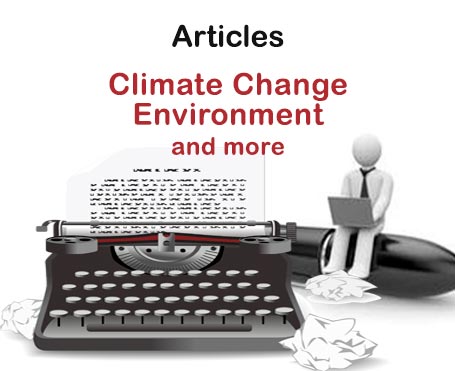
Pioneers of Climate Change
At all times and in all sciences, there have always been visionaries, those people who anticipate situations long before other persons can glimpse them. This is the case of Jean-Baptiste Joseph Fourier (1768-1830), a French mathematician and physicist, who in 1824 calculated that an object the size of the Earth and with a similar distance from the sun, it should be much colder to what our planet is really like. He affirmed that it was maintained with a temperate climate because the atmosphere retains the heat as if it were under glass. Thus, Fourier has the honor of being the first to use the greenhouse analogy…

Climate change, what is it and what are its causes?
Anthropogenic climate change is the variation of climate status attributed to human activity that alters the composition of the atmosphere and has consequences on the entire planet. The main cause of climate change is global warming caused by emissions of greenhouse gases (GHG), of anthropogenic origin, among which CO2 is the most frequent. The sources responsible for these emissions are the burning of fossil fuels such as oil, coal and gas, used mainly in industry and transport.

